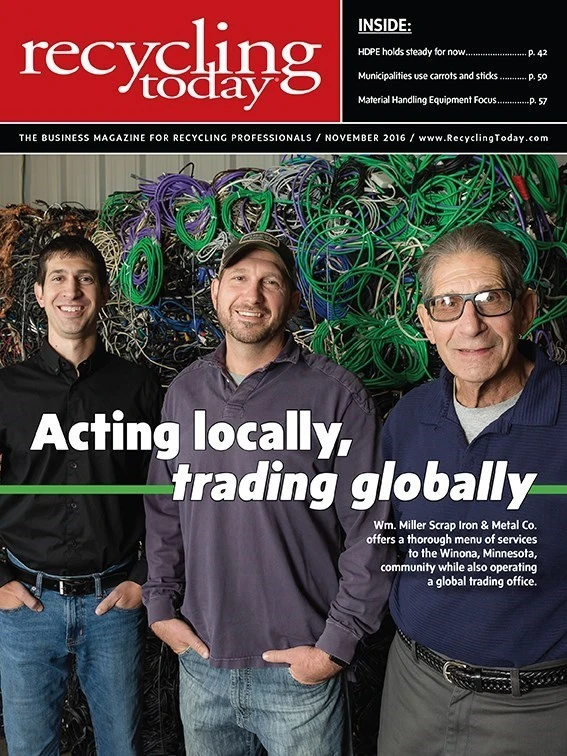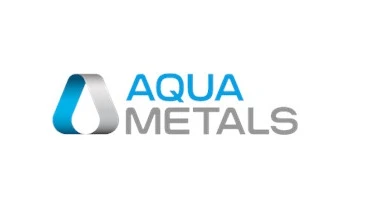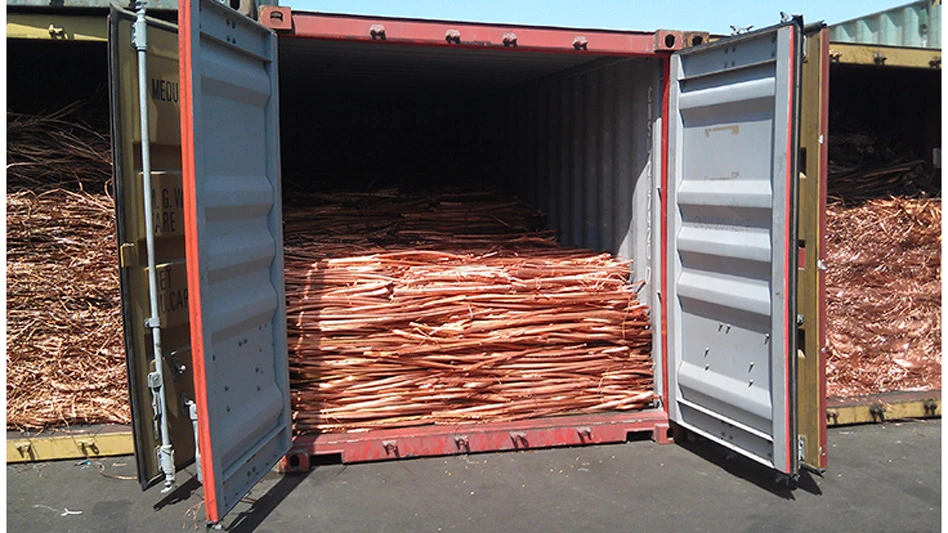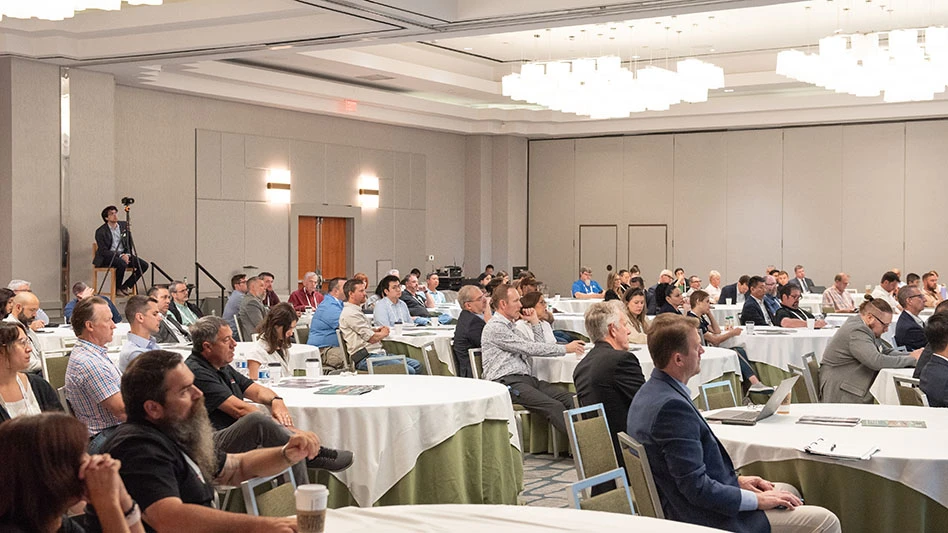
Scrap metal processing and recycling is among the industries and applications that are toughest on equipment. Between hard-to-handle materials, heavy objects and long hours, equipment is expected to perform day in and day out, without a breakdown. That’s why Schupan & Sons Inc. chose an equipment brand it could depend on.
Schupan & Sons is headquartered in Kalamazoo, in western Michigan. Nelson Schupan started the company in 1968. Today, it employees about 400 people and operates 10 locations in Michigan, Illinois, Indiana and Ohio. In August 2012, the company expanded to enhance its position in the marketplace.
Facility and Equipment Manager Rick Hutchins has nearly 30 years of tenure at Schupan & Sons and is based in Kalamazoo. The facility is one of two scrap processing centers; the other is in Elkhart, Indiana. The company also has two beverage container recycling plants in Michigan—in Grand Rapids and Wixom—a brokerage office in Chicago and aluminum and plastic distribution sites in Kalamazoo and Detroit and in Toledo and Dayton, Ohio.
The company’s process is simple on the metals side of its operation: buy scrap and process it, whether it is baled, boxed or shredded, for mills. “Our biggest amount of volume is our nonferrous material,” Hutchins says, adding that the company’s ferrous division handles roughly 5,000 metric tons per month.
Hutchins says the firm has survived economic challenges in Michigan and nationally because of strong leadership.
Forward thinking
Schupan & Sons is led by Marc Schupan, son of founder Nelson, along with his brother Dan and sister Dana Wardlaw. According to Hutchins, the company’s leaders always are looking for new ways to increase their sales and marketing abilities in the three different divisions.
“Marc is a person who believes the best people win,” Hutchins says. “He is someone who I call a forward thinker. Our aluminum sales division came from his idea of being a niche between the big suppliers of aluminum and the small job shops that couldn’t afford to buy large quantities.”
Schupan started a beverage container recycling division in 1986 and just seven years later had recycled 1 billion aluminum cans. Another example of Schupan’s success can be found in the beverage container recycling division. Schupan & Sons has become a top-five company in the nation for beverage can recycling. In 1997, the company started the largest-volume beverage container recycling program in the United States, partnering with a Norwegian company called Tomra, which manufactures reverse vending machines.
Beyond appearances
At the Elkhart facility, Schupan & Sons needed a more powerful machine that was capable of lifting material and dumping it into open-top trailers. When it was time to evaluate his options, Hutchins looked at three different machines. One of his key measurements was the cost per hour for five years. The local Doosan dealer—Carleton Equipment, which has six locations in Michigan—and another heavy equipment dealer provided the numbers Hutchins needed. Both dealers were selected for an on-site demonstration. Hutchins asked Carleton Equipment and the other equipment dealer to bring their wheel loaders to the Elkhart plant for a side-by-side comparison, and he asked the operators to drive and evaluate both machines, inside and out.
“The best indicator of the machine’s performance and comfort is the operator,” Hutchins says. “He’s the guy who will run it all day. By having the guys compare both models, it was a really good test of the machines. We liked the Doosan wheel loader and the per-hour costs that the dealer provided to us.”
What initially pushed Hutchins and the operators toward the Doosan wheel loader was its appearance.
“The operators liked the stoutness of it,” he says. “We like strength, and the Doosan wheel loader looks strong. The strength of the machine is important because we’re pushing, especially in steel turnings. If we want to load some steel bushing, it’s really tough on the machine.”
After about a year on the job, the Doosan DL250 has about 1,400 hours on it, and Hutchins expects it to average about 2,000 per year—roughly four or five hours per day. “In our industry, abuse may be just operation because we’re hard on equipment,” Hutchins says. “Many will say that’s abuse; we’ll say it is inherent to our business.”
Jeff Neidlinger, the plant manager at the Schupan Industrial Recycling center in Elkhart, is the primary operator of the Doosan wheel loader. His first impression of it was positive. “It looked really sturdy, especially on the front arms where the bucket attaches,” he says.
A big selling point for Neidlinger was the Doosan wheel loader’s cab. “The cab is very comfortable,” he says, “and the visibility is excellent.”
Much of Neidlinger’s workday is spent sorting materials, loading several trucks and pushing scrap material into bins. When loading, he says he appreciates the high lift capability of the DL250.
“The open-top trailers are 13 feet 6 inches high on the sides and are 10 feet wide,” Hutchins says.
He adds, “We bulk load into those, and we’ll take them to the mills. We wanted a wheel loader with high lift to go over the top of that. We can easily clear it with our Doosan DL250. We didn’t want to be just high enough from the hinge pin of the bucket to the top of the trailer. We wanted to take the lift all the way up, put the bucket all the way down, and the blade would clear the top of our trailer.”
Sorting made easier
Hutchins says Schupan employees separate loads when they arrive, grade them and cut them to 2-foot or 5-foot lengths. “We grade scrap the way the mills want to process it,” Hutchins says.
Previously, Hutchins says Schupan crews moved cranes out of production and helped load scrap materials into containers. He says with a crane and grapple, his crews were only getting half as much as a with the wheel loader configuration.
“The ability to push the piles up higher was the other reason we selected a wheel loader with high lift,” Hutchins says. “We have to start on the bottom and, as we work it up the pile, the resistance from the pile becomes more and more. The predecessor to our Doosan wheel loader didn’t have enough power to get those piles higher in the bin. The Doosan wheel loader can get them in and push them right up.
“Our productivity with the Doosan wheel loader has increased 100 percent over what we could do with our previous machine,” Hutchins adds.
Schupan & Sons and its facilities have gone beyond just accepting material from customers to partnering with them to help them improve the value of the recyclables.
“We’ll visit our customers and tell them, ‘You have this amount of scrap, and we’re going to teach you how to make more money,’” Hutchins says. “Sometimes customers are commingling it all together. We’ll provide containers to help customers sort it. We work with our customers to help them get the best value out of their scrap.”
He continues, “Marc Schupan built our business on service. Customers are the No. 1 priority for us. We’re an honest company. We pay for every pound or ton that we purchase. This is a tough industry and it’s not promoted well.”
Dealer support
Just as Schupan values the relationships it forms with its customers, it values long-term relationships with vendors. Long before Schupan purchased its Doosan wheel loader, it had a strong relationship with Carleton Equipment for its compact equipment needs, specifically Bobcat skid-steer loaders. Schupan has been a Bobcat skid-steer loader customer of Carleton Equipment for more than 30 years. Like the dependability of its Doosan wheel loader, Schupan required durable compact equipment for its processing and pushing needs.
“Throughout the years, it has been the solid relationship between Schupan and Carleton Equipment that has helped make us successful,” Hutchins says. “We’ve been able to run our Bobcat loaders at a cost per hour less than a good share of them. Carleton Equipment is always there for us.”

Explore the November 2016 Issue
Check out more from this issue and find your next story to read.
Latest from Recycling Today
- APR, RecyClass release partnership progress report
- Clearpoint Recycling, Enviroo sign PET supply contract
- Invista expanding ISCC Plus certification program
- Redwood partnership targets recycling of medium-format batteries
- Enfinite forms Hazardous & Specialty Waste Management Council
- Combined DRS, EPR legislation introduced in Rhode Island
- Eureka Recycling starts up newly upgraded MRF
- Reconomy Close the Gap campaign highlights need for circularity







